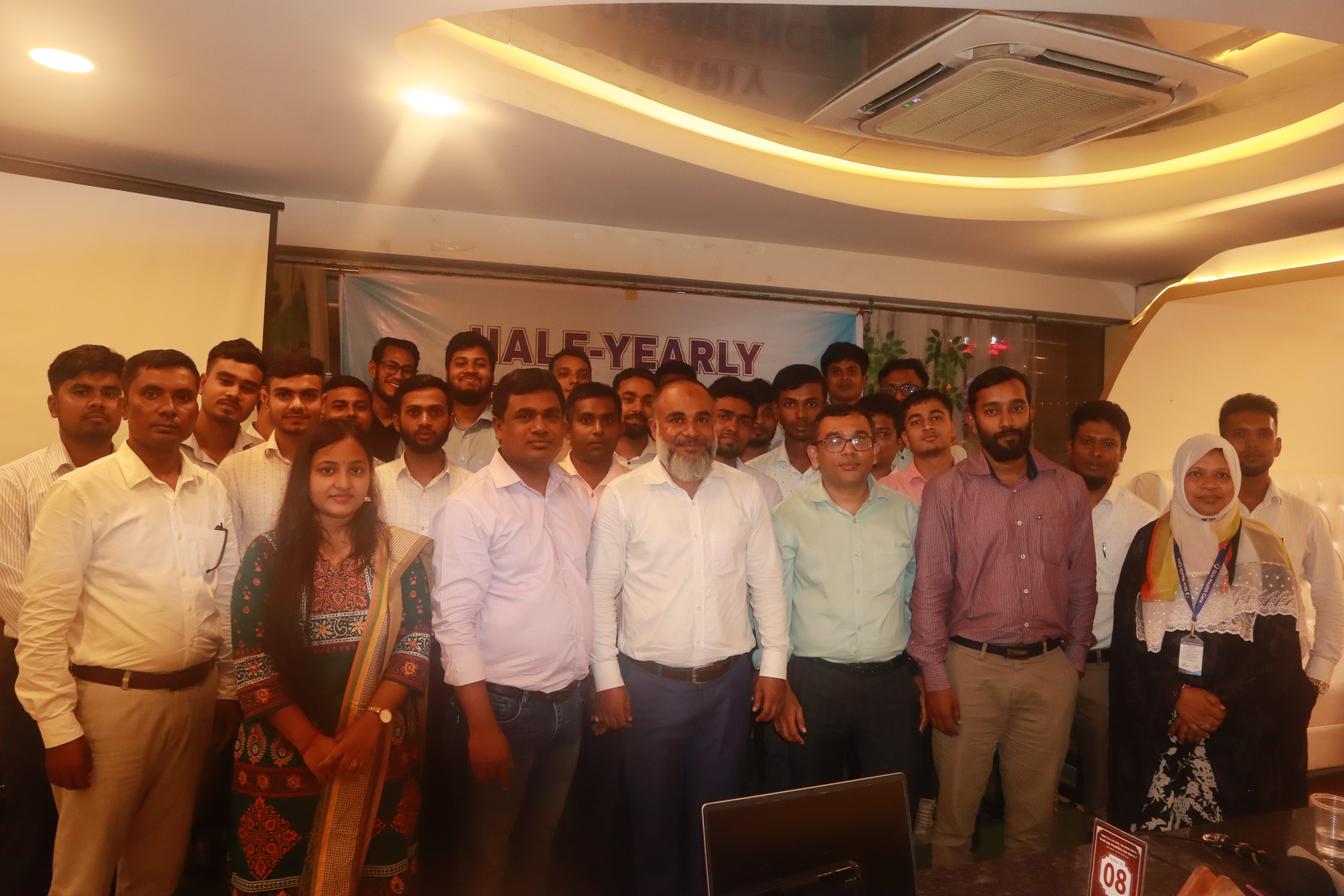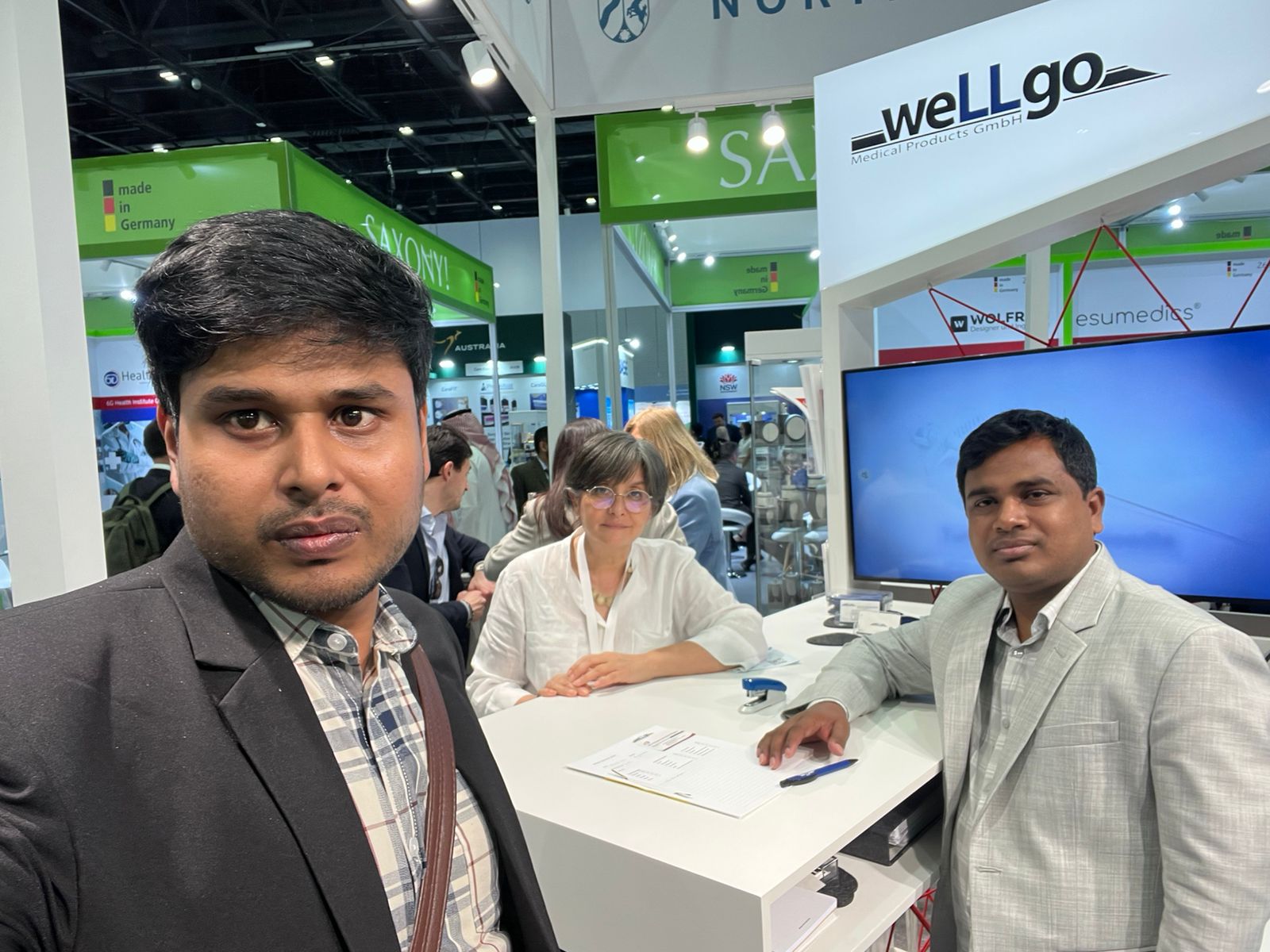Our Business Affiliated
Three specialized companies working together to provide comprehensive healthcare solutions across Bangladesh.
Three specialized companies working together to provide comprehensive healthcare solutions across Bangladesh.
Smart. Compassionate. Future-focused. We transform ideas into impactful healthcare solutions across every stage of growth.
Three powerful business models — delivering quality healthcare, everywhere in Bangladesh.
Discover the latest news, collaborations, and innovations driving excellence in our healthcare import and distribution network.

Atteinding Half yealry conference with Team Leaders.

Meet with our global partner WELLGO, Germany.
Copyright© 2025 DSTIBD. All Rights Reserved.